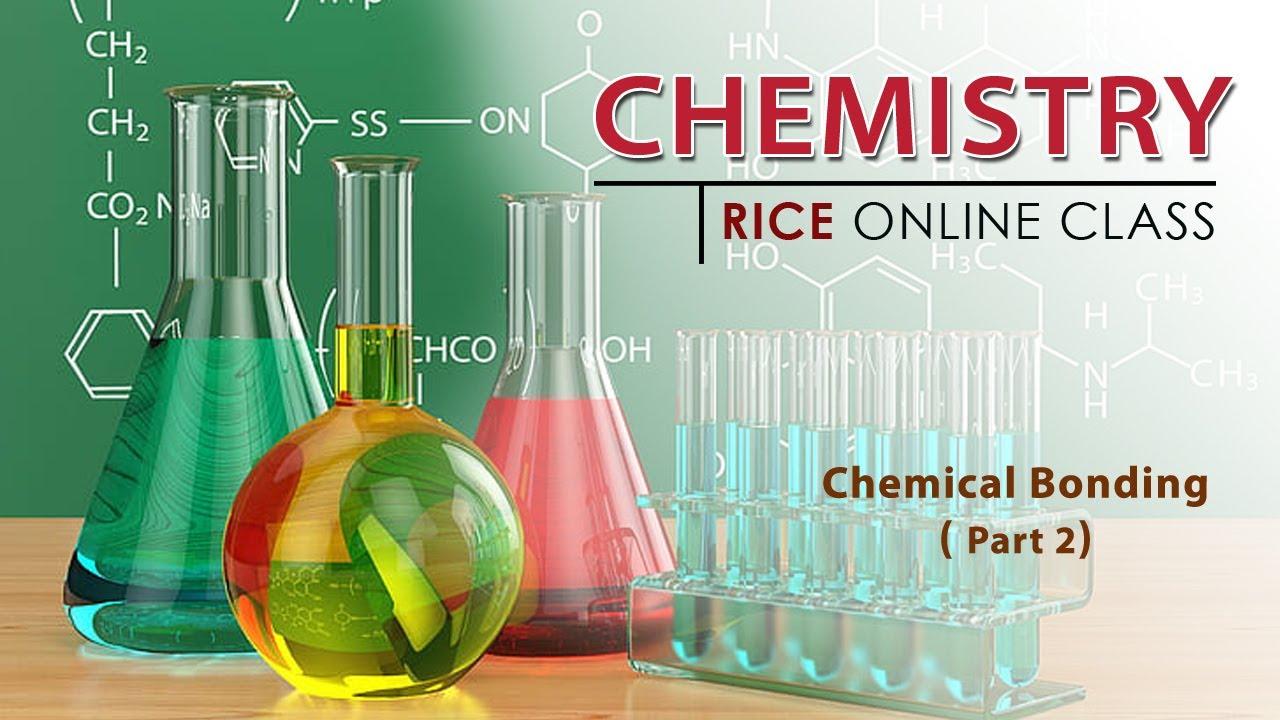Organic chemistry has a reputation for being one of the most challenging subjects in science education, yet it’s also one of the most crucial for students pursuing careers in medicine, pharmacy, biology, or chemistry-related fields. Whether you're a college freshman, a pre-med student, or someone simply fascinated by carbon-based compounds, understanding what you need to start learning organic chemistry can make all the difference in your success.
Before you dive into reaction mechanisms and molecular structures, it's vital to have a roadmap. This article breaks down the foundational tools, skills, and mindset you'll need to confidently start your journey. If you're considering an organic chemistry class online, this guide will also align your expectations and help you prepare for what's ahead.
Key Points
- Understand what organic chemistry is and why it’s important.
- Identify the prerequisite knowledge you should have before beginning.
- Explore essential study tools and resources for success.
- Learn effective strategies for mastering the subject.
- Get answers to common questions through a detailed FAQ section.
What Is Organic Chemistry?
At its core, organic chemistry is the study of the structure, properties, composition, reactions, and synthesis of carbon-containing compounds. These include not only hydrocarbons but also compounds with other elements such as hydrogen, oxygen, nitrogen, sulfur, and halogens.
Organic chemistry is central to many fields, including biochemistry, medicine, and materials science. It helps explain how life works at the molecular level and underpins the design of pharmaceuticals, plastics, and countless other products.
Why It Matters
Understanding organic chemistry is essential for:
- Pre-medical and pre-pharmacy students preparing for the MCAT or PCAT.
- Biochemistry and chemistry majors building foundational knowledge.
- Students interested in careers in research, healthcare, or academia.
More than just a subject, organic chemistry teaches logical thinking, problem-solving, and the ability to visualize complex systems—skills that are useful far beyond the classroom.
What You Should Know Before Starting
Prerequisite Knowledge
Before you begin learning organic chemistry, make sure you’re comfortable with the following areas:
- General Chemistry: Topics such as atomic structure, bonding, periodic trends, acids and bases, and thermodynamics form the basis for organic chemistry concepts.
- Basic Algebra and Geometry: While not math-intensive, organic chemistry does involve reasoning with spatial structures and equations.
- Scientific Notation and Units: Comfort with units, conversions, and notation will save you time and confusion.
Mental Preparation
Organic chemistry is less about memorization and more about understanding how molecules behave. Be ready to:
- Think critically and conceptually.
- Draw and interpret molecular structures regularly.
- Develop pattern recognition for reactions and mechanisms.
Essential Tools and Resources
Textbooks and Study Guides
A reliable textbook is crucial. Some standard options include:
- Organic Chemistry by David Klein – Highly recommended for its clear explanations and problem-solving approach.
- Organic Chemistry by Paula Bruice – Known for student-friendly language and conceptual focus.
Supplement your textbook with study guides like Organic Chemistry as a Second Language for reinforcement.
Model Kits
Organic chemistry is highly spatial. Physical model kits can help you visualize molecules in three dimensions, making it easier to grasp chirality, stereochemistry, and conformations.
Online Resources and Classes
In today’s digital age, there are many online platforms providing lectures, quizzes, and tutorials. If you're looking for added flexibility and expert instruction, enrolling in an organic chemistry class online can enhance your understanding and provide structured learning.
Study Groups and Peer Collaboration
Working in study groups can help clarify difficult concepts, expose you to different problem-solving styles, and keep you motivated.
Key Concepts to Master Early On
1. Structure and Bonding
Learn how carbon atoms bond to other elements and form stable structures. Focus on:
- Hybridization (sp, sp², sp³)
- Formal charges and resonance
- Molecular shapes and polarity
2. Functional Groups
These are specific groupings of atoms within molecules that determine chemical reactivity. Know how to identify and understand the behavior of groups like alcohols, ketones, carboxylic acids, amines, and alkenes.
3. Nomenclature
Learning how to name structures and interpret IUPAC nomenclature is essential for clear communication and understanding reactions.
4. Reaction Mechanisms
Mechanisms explain how and why a reaction occurs. Begin by learning fundamental reactions like:
- SN1 and SN2 substitution
- E1 and E2 elimination
- Addition to alkenes and alkynes
5. Stereochemistry
This involves the spatial arrangement of atoms. Topics include enantiomers, diastereomers, optical activity, and chiral centers.
Best Practices for Learning Organic Chemistry
Practice, Don’t Memorize
Focus on understanding the “why” behind reactions. Repetition through drawing structures and solving problems will solidify comprehension.
Use Active Learning
Engage with the material actively—rewrite notes, create flashcards, draw mechanisms, and teach concepts to others.
Stay Organized
Keep a reaction notebook, categorize reactions by type, and review regularly. Organic chemistry builds on itself, so staying on top of material is key.
Seek Help When Needed
Don’t hesitate to ask for help from professors, teaching assistants, or tutors. Online forums and videos can also supplement your learning.
Frequently Asked Questions (FAQ)
1. Is organic chemistry really that hard?
Organic chemistry is challenging because it requires conceptual thinking and understanding rather than rote memorization. However, with the right approach and consistent effort, it is entirely manageable.
2. How many hours should I study organic chemistry each week?
For most college-level courses, 10–15 hours per week is recommended. This includes reading, problem-solving, and reviewing notes.
3. Do I need a lab component to understand the subject?
While labs enhance comprehension by providing hands-on experience, many online and theoretical courses effectively prepare students for exams and practical applications.
4. What’s the best way to memorize reaction mechanisms?
Instead of memorizing, focus on understanding electron flow. Use curly arrow notation to visualize how electrons move during reactions, and practice drawing mechanisms repeatedly.
5. Can I teach myself organic chemistry?
Yes, but it requires discipline and access to quality resources. A structured course, such as an organic chemistry class online, can provide guidance and consistency if you're studying independently.
6. What should I do if I fall behind?
Don’t panic. Focus on mastering key concepts before moving on. Use office hours, online tutorials, and study groups to catch up efficiently.
7. How important is drawing in organic chemistry?
Extremely important. Being able to draw accurate structures, mechanisms, and stereochemistry is essential for exams and understanding the material deeply.
8. How do I prepare for exams?
Start early, create a study schedule, work through practice problems, and simulate exam conditions. Focus on understanding over memorization and use old exams to guide your review.
9. Are there any mobile apps or tools that help with organic chemistry?
Yes, apps like Molecule Sketch, ChemDraw, and organic chemistry flashcard apps can be useful for quick practice and visualization on the go.
10. What if I don’t plan to go into chemistry—should I still take organic chemistry?
If your program requires it, or if it's relevant to your career goals (like medicine or biology), it’s important. Even if you're not pursuing chemistry, the critical thinking skills you’ll develop are widely applicable.





